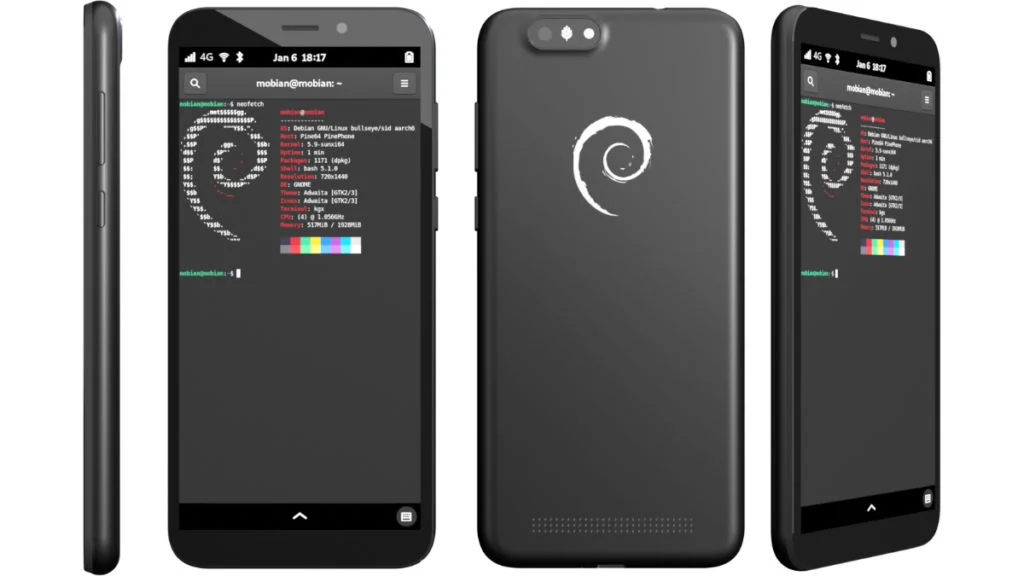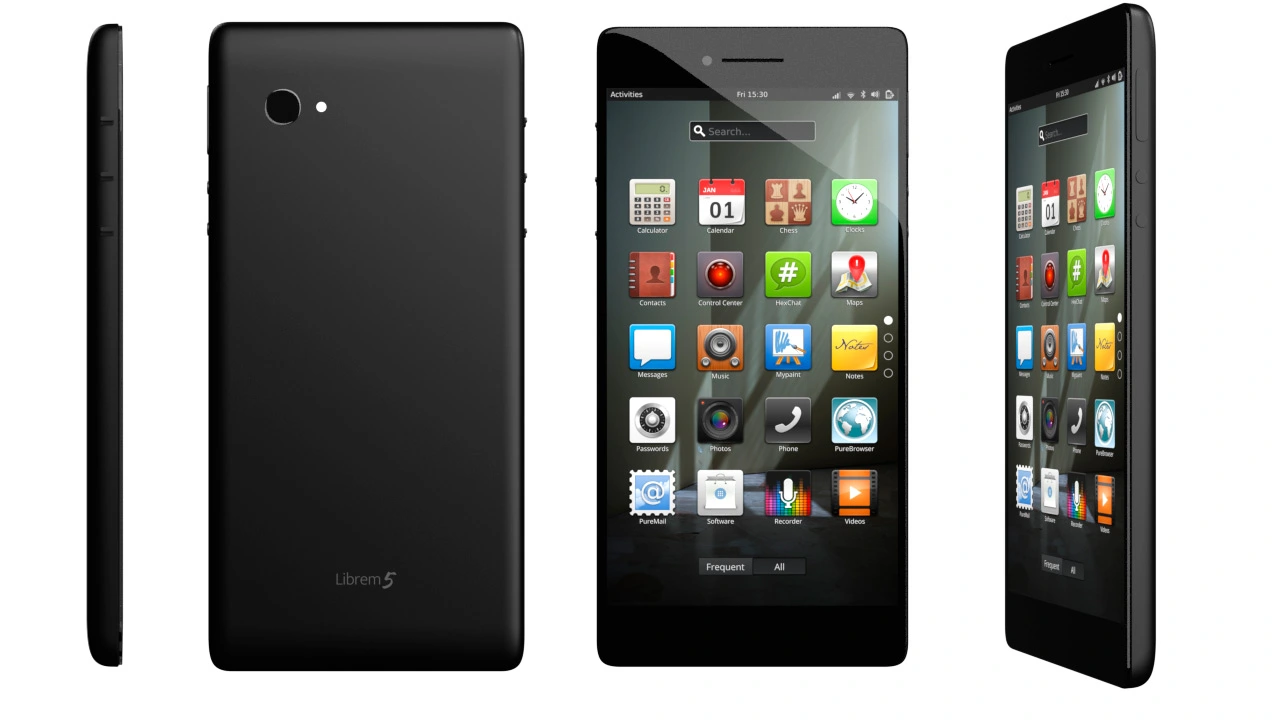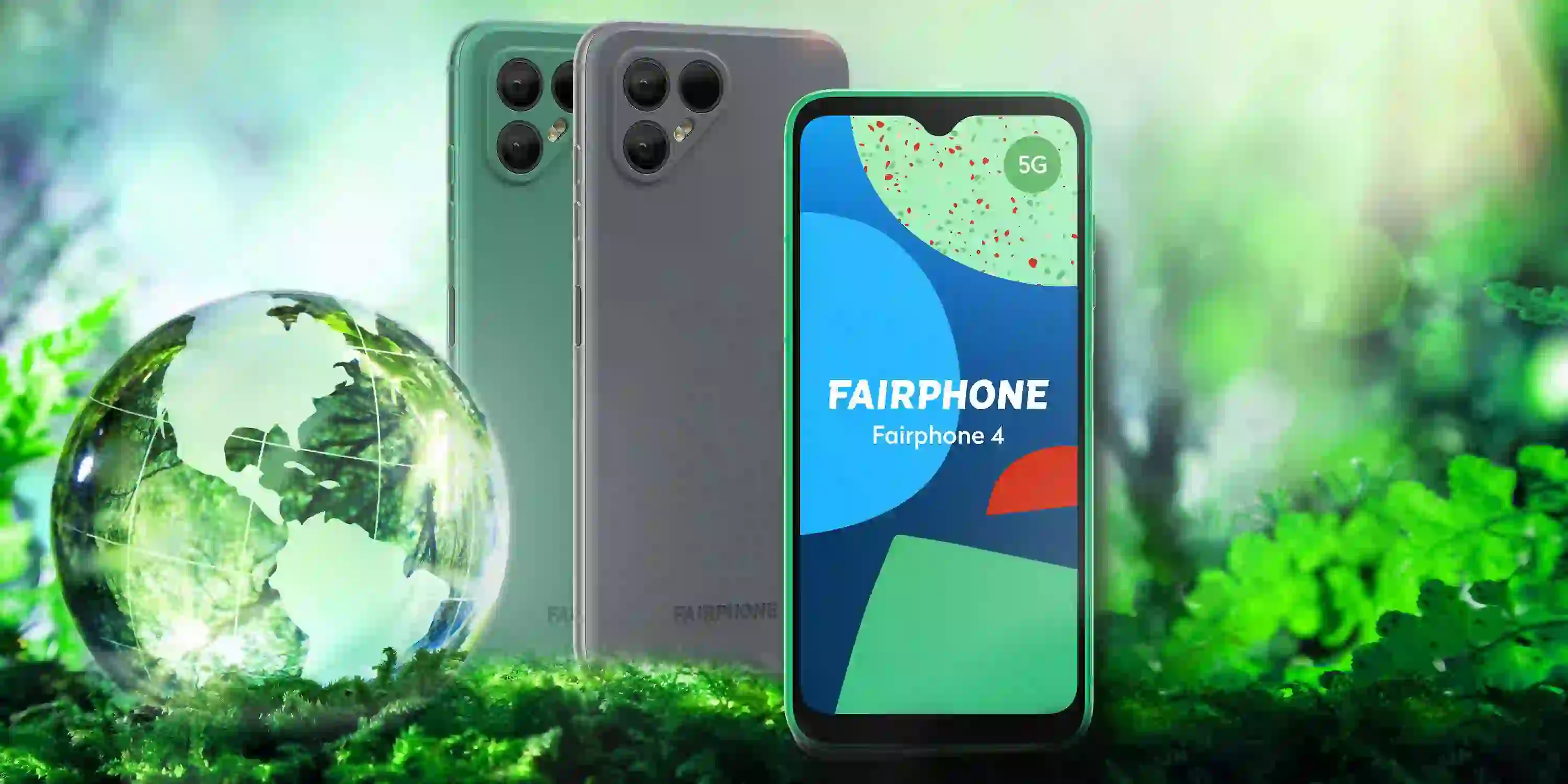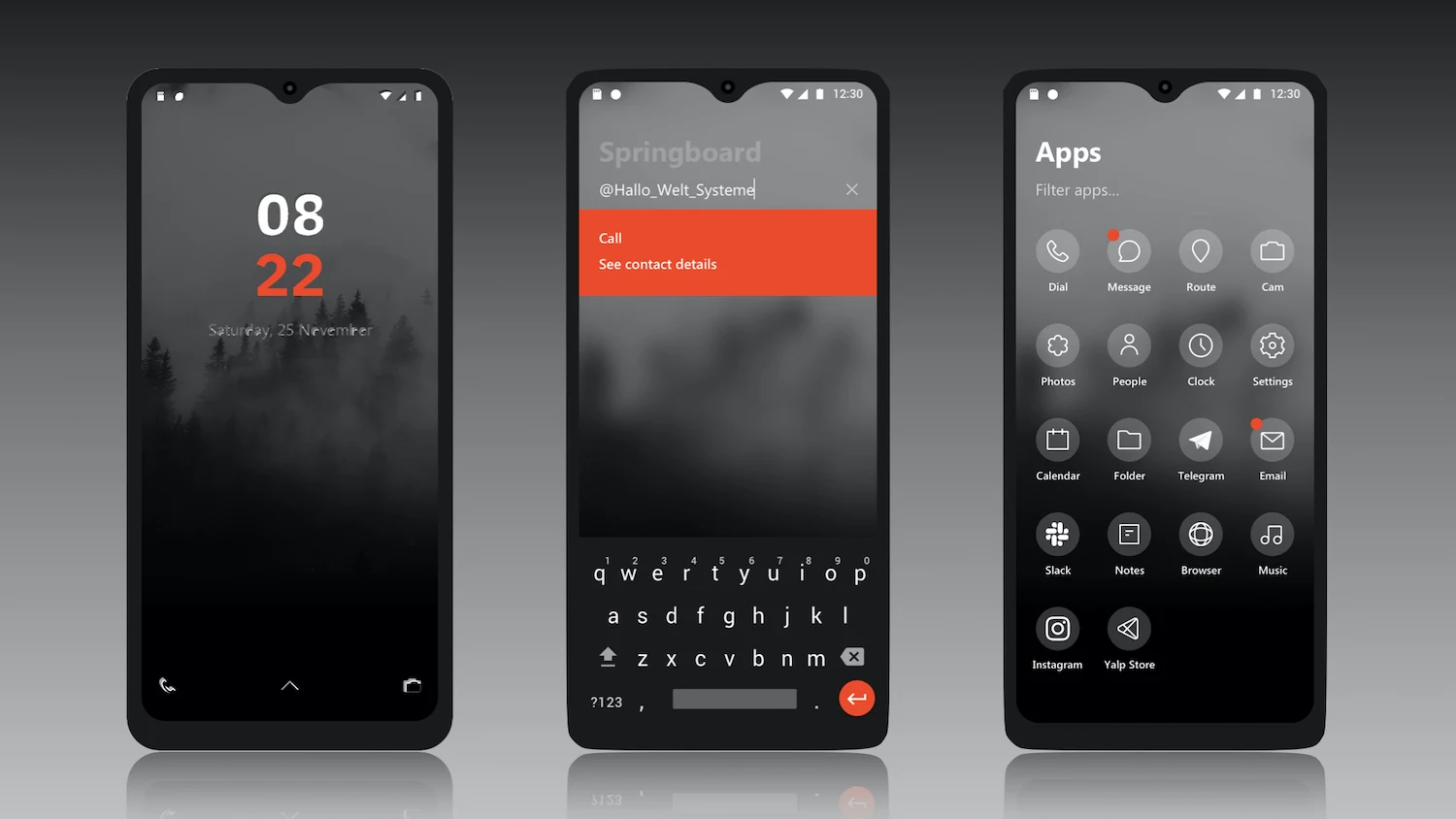Best Linux Smartphones in the Market
Today’s phones are based on Android or iOS. The Android operating system is based on the Linux kernel and is open-source. However, running a pure Linux version is quite different from it. The advantages of running a pure Linux version include enhanced privacy and support for Linux-specific apps. Even though Android kernels are constantly being updated, they are still far from being as powerful as the whole Linux kernel. Here are all the top Linux smartphones that you can try out if you’re looking for your first or new Linux phone.
Linux Introduction
Among all the open-source operating systems, Linux is the most well-known and most widely used. Linux is a software application that sits on top of all other programs on a computer and relays requests to the hardware. Many aspects of Linux are similar to those of other operating systems you may be familiar with, such as Windows, macOS (formerly OS X), or iOS. Linux also has a graphical interface and is compatible with similar programs, including word processors, photo editors, and video editors. Linux can be used by anyone with a computer because many software developers have created Linux versions of their software.
However, Linux differs from other operating systems in many important ways. First, and perhaps most importantly, Linux is an open-source operating system. Linux’s code can be viewed, edited, and contributed to by anyone with the appropriate skills. As well as being different, Linux is also different in that, though its core components are generally the same, many distributions are available, each including different software options. In other words, Linux is extremely customizable, since not only applications like word processors and web browsers can be swapped out, but users can also select system components like how graphics are displayed and other user-interface elements.
Top Linux Smartphones
Despite being based on a Linux kernel, Android has been heavily modified, therefore, it cannot be considered a full Linux system. Currently, Google is working on getting the Android kernel closer to the mainline Linux kernel.
Linux-powered smartphones. Choosing a Linux phone can be difficult because there are only a few options. So we tried to highlight some of the best Linux smartphones and some alternatives to mainstream phones.
1. PinePhone – Pine64
With the PinePhone, developed by Pine64, you can install several Linux operating systems, including UBports, Sailfish OS, Manjaro, etc. Designed with security and privacy in mind, the PinePhone has five physical kill switches at the back which can be used to disable the Microphone, Bluetooth, Wifi, Camera, and LTE modem manually.
Additionally, this phone has six pogo pins that you can hook other devices too, such as a keyboard, thermal camera, wireless charger case, and many more. It can also be easily repaired with plenty of replacement hardware available from the PineStore. In addition, it supports a USB hub that can be used to connect it to an external monitor. therefore, it can be used for a desktop computer setup.
2. Mobian

A growing number of developers are creating phone-friendly operating systems now that a few smartphones run GNU/Linux. While Mobian isn’t exactly a brand-new distribution, it’s a set of software that allows the Debian operating system to be run on smartphones or tablets.
To make Debian more like a smartphone, the developers added the Phosh user interface, as well as a set of mobile apps for web browsing, file management, gaming, and communication. In the most recent nightly builds of Mobian for the Pinephone, WiFi, mobile data, Bluetooth, and GPS are all supported. Hardware-accelerated video and audio are also supported. Mobian does not yet support some hardware features, such as cameras, full disk encryption, USB networking, and USB OTG.
While Mobian is still a work in progress, users can experience random crashes and/or WiFi instability, GPS doesn’t work with web apps, and the phone can take a long time to wake up after a phone call. Troubleshooting tips are available on the Mobian Wiki. Applications such as Chrome, Firefox, Calls, Files, and Telegram are supported. There’s also an MP3 player, a Mastadon client, a text editor frontend, and a manga viewer.
3. Librem 5 – Purism

A fantastic Linux phone manufactured by Purism is the Librem 5. In this phone, Purism’s PureOS is the operating system. According to the Free Software Foundation (FSF), it is the only smartphone recommended by the Free Software Foundation (FSF). Free software was supported by this organization since 1985.
The Librem 5 phone is designed with freedom, security, and privacy in mind. Here are some of the cool features you’ll find in this gadget.
1. Cameras, microphones, etc., can be turned off with physical kill switches.
2. In Librem 5, the number 5 refers to the display size, not the software version.
3. Replacement parts are easily available.
4. Fairphone

A commercial success, Fairphone has outperformed other smartphones on the list. It is not a Linux phone, but it comes with a customized Android OS, Fairphone OS, and the option to use the open-source /e/ OS. There are some community ports available for Linux, but they can be hit-and-miss.
There are two Fairphone variants, and both offer decent specs. The Fairphone 3+ sports a 48MP camera sensor and a full-HD display. Not to mention the Snapdragon processor. Fairphone makes smartphones that are environmentally friendly and made from recycled plastic. It is supposed to be easily repairable as well. In other words, it doesn’t just offer an alternative to mainstream smartphones, but it also contributes to environmental protection.
5. Volla Phone

The Volla is another Linux phone designed to provide its users with freedom in the digital world through simplicity and security. Volla comes with the Volla OS, which offers a minimalistic design and unique features that aren’t found in most Linux smartphones’ OS. Light, Dark, and Transparent themes are available for users to choose from.
As Volla OS is Google-free, it does not ship with any Google applications, since they tend to intrude on the privacy of users. All the necessary applications, such as Phone calls, are open-source.
The advantages of Using Linux Smartphones
1. Security
Each of these phones boasts the utmost security, privacy, camera kill switches, microphone kill switches, WiFi kill switches, et cetera.
2. It’s compatible with Linux desktop computers
Linux smartphones come with USB docks that allow you to add screens, keyboards, and mice to turn them into full-featured desktop computers.
3. OS updates
Some Android phones support Android 9.0, whereas others only support Android 4.0. With Linux smartphones, updates are constant and aren’t dependent on Android.
4. Dual-booting
Almost all Linux smartphones allow dual-booting. You can install two operating systems at once and select which to boot.
The disadvantages of Using Linux Smartphones
1. There Are not Many Applications
As most developers focus on Android and iOS, there are few apps you’re familiar with, like Facebook or Netflix.
2. Its Usability
Even though Linux smartphones feature an easy-to-use graphical interface, you must be familiar with Linux systems to take full advantage of them.
3. There are doubts about the Future of Linux Smartphones
There has been little success in the phone market for big tech companies (including Microsoft’s Windows phone). Therefore, few people expect that “the year of Linux phones” will occur. The majority of people are not even aware there are Linux smartphones.
4. The Lack of Hardware
Although Linux smartphones have many operating systems, only a few manufacturers have released phones using them.
Wrapping Up
The availability of Linux smartphones is limited, and they are certainly not suitable for the general population. You can consider getting one of these devices if you’re an enthusiast or want to support their development.

